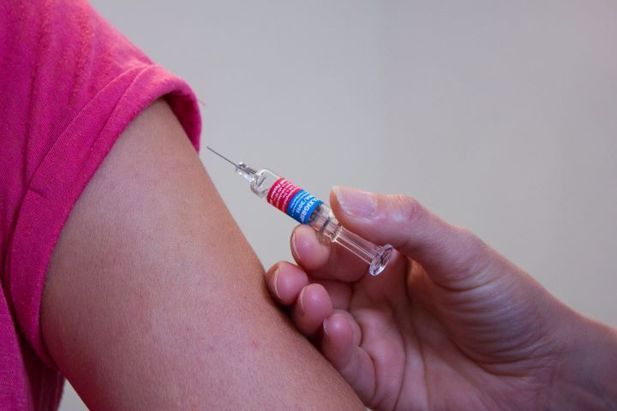Channels
Special Offers & Promotions
OCTAVE to study vaccine responses in patients with impaired immune systems
A new UK study will seek to understand the immune response to COVID-19 vaccinations in patients with certain immunosuppressed conditions, including cancer.
The OCTAVE trial, which is funded by the Medical Research Council (MRC), is a collaborative research project involving groups in the Universities of Glasgow, Birmingham, Oxford, Liverpool, Imperial College London and Leeds Teaching Hospitals NHS Trust. Researchers will build on years of experience in understanding the immune system in the context of chronic conditions, to better determine the effectiveness of COVID-19 vaccines in these clinically at-risk patient groups.
People with cancer, inflammatory arthritis, diseases of the kidney or liver or who are having a stem cell transplant may be at increased risk of the more severe complications of COVID-19 infection. As a result, the rollout of vaccines is especially welcome for these vulnerable groups. However, these underlying medical conditions and the treatment that such patients receive as part of their care, may weaken the immune system. Current evidence shows that people with these medical conditions may not obtain optimal protection from established vaccines. Patients with significant underlying diseases were generally excluded fromCOVID-19 vaccine studies to date – it is now important to confirm that the COVID-19 vaccines work well in such conditions.
The OCTAVE study will investigate the effectiveness of COVID-19 vaccines being used in the UK in 2021, in up to 5,000 people within these patient populations. Using a variety of state-of-the-art immune tests performed on blood samples taken before and/or after COVID-19 vaccination, researchers will determinepatients’ COVID-19 immune response and therefore the likelihood that vaccines will fully protect these groups from SARS-CoV-2 infection.
Researchers have begun recruiting patients at sites across the UK and will compare results from the study group against control groups of healthy people, without these underlying diseases, who also received COVID-19 vaccines. The OCTAVE study will evaluate patients who receive COVID-19 vaccines as part of the national vaccination programme.
Professor Iain McInnes, Head of the College of Medical, Veterinary and Life Sciences at the University of Glasgow who leads the OCTAVE study, said: “We urgently need to understand if patient populations with chronic conditions such as cancer, inflammatory arthritis and kidney and liver disease are likely to be well-protected by current COVID-19 vaccines. The OCTAVE study will give us invaluable new data to help us answer questions of this kind from our patients and their families.”
Scientists do not yet know how long COVID-19 vaccines provide immunity for, and there may be an ongoingvaccination requirement against the disease for years to come. This may be especially so in people with weakened immune systems, due to drug treatments and underlying disease. Results from the OCTAVE study will help to inform how best to vaccinate patients with chronic conditions, and protect them from SAAR-CoV-2 infection.
Professor Fiona Watt, Executive Chair of the Medical Research Council, which funded the study, said: “This study is investigating the response to the new COVID-19 vaccines in people whose immune systems make them more vulnerable to COVID-19 and other infections. This will help ensure that those more at risk from infection receive the best protection possible.”
The OCTAVE study is sponsored by the University of Birmingham and is being run by the University’s Cancer Research UK Clinical Trials Unit (CRCTU).
University of Birmingham Professor Pam Kearns, Director of the CRCTU, said: “We are pleased to be supporting this important nationally collaborative study that will inform the best use of the COVID-19 vaccines to protect these vulnerable patients.”
Media Partners



